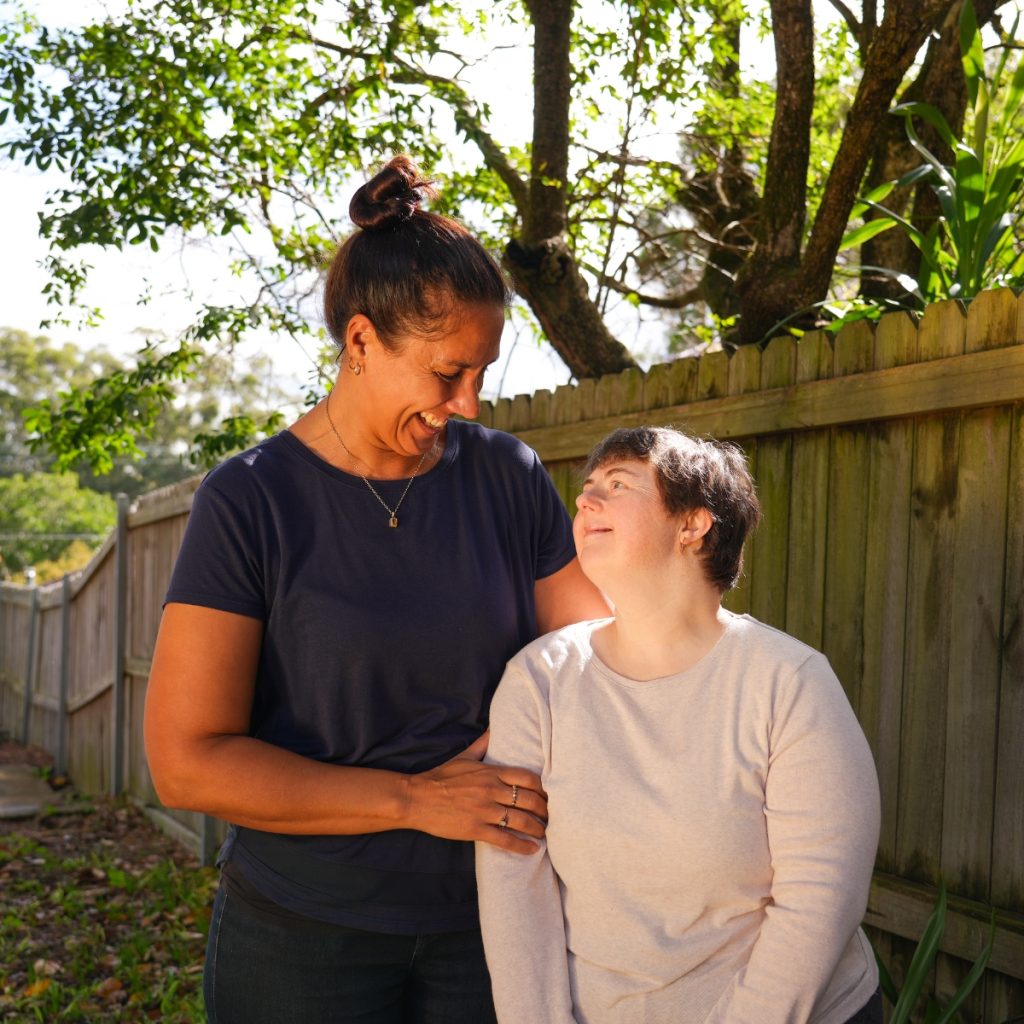The National Disability Insurance Scheme (NDIS) provides essential support to individuals with disabilities, empowering them to live more independent and fulfilling lives. One vital tool within the NDIS framework is the Behaviour Support Plan (BSP). Designed to promote positive behaviours and reduce behaviours of concern, these plans aim to improve the quality of life for participants, their families, and caregivers.
In this guide, we’ll explore what a Behaviour Support Plan is, why it’s important, its key components, and how it’s developed and implemented.
What Is an NDIS Behaviour Support Plan?
A Behaviour Support Plan (BSP) is a document tailored to an individual’s needs under the NDIS framework. It outlines evidence-based strategies to address behaviours that challenge while promoting positive, socially appropriate behaviours.
BSPs are created by NDIS Behaviour Support Practitioners and involve collaboration with participants, families, caregivers, and disability service providers. These plans are critical in ensuring individuals receive consistent, compassionate, and effective support tailored to their unique circumstances.
Why Are Behaviour Support Plans Important?
Behaviour Support Plans provide significant benefits, including:
Enhancing Quality of Life
BSPs aim to reduce stress for participants and their families by managing behaviours of concern. These plans promote positive behaviours, empowering individuals to participate more fully in their communities.
Supporting Families and Caregivers
Families and caregivers benefit from clear guidance on how to support their loved ones effectively. BSPs reduce uncertainty by offering practical strategies that improve communication and daily interactions.
Helping Disability Service Providers
For disability service providers, BSPs ensure consistency in care and enable staff to understand how best to support participants. They foster a safe, respectful environment that prioritises dignity and individualised care.
Regulating Restrictive Practices
If restrictive practices (e.g., physical restraints or environmental limitations) are necessary, BSPs ensure they are used as a last resort and in compliance with strict regulations. This focus protects participants’ rights and promotes ethical care practices.
Key Components of an NDIS Behaviour Support Plan
A comprehensive BSP includes the following elements:
Functional Behaviour Assessment (FBA)
The FBA involves identifying the reasons behind behaviours of concern. Practitioners assess triggers, patterns, and environmental factors to inform personalised strategies.
Positive Behaviour Support (PBS) Strategies
PBS focuses on proactive techniques to encourage desired behaviours. Examples include teaching new skills, adapting environments, and providing rewards for positive actions.
Proactive vs Reactive Strategies
Proactive strategies aim to prevent behaviours of concern, such as structuring routines or reducing stressors. Reactive strategies outline appropriate responses if behaviours do occur, ensuring safety and consistency.
Restrictive Practices
Restrictive practices, such as locking cupboards or using physical restraints, are only implemented when absolutely necessary and with approval from the NDIS Quality and Safeguards Commission. These practices are closely monitored and reviewed.
How to Develop a Behaviour Support Plan
Role of NDIS Behaviour Support Practitioners
Practitioners are specially trained professionals who lead the creation of BSPs. They work closely with participants, families, and other stakeholders to ensure the plan reflects the individual’s needs.
Steps in Developing a BSP
- Assessment: Conducting an FBA to understand the individual’s behaviours, triggers, and environment.
- Collaboration: Working with participants, families, and caregivers to identify goals and strategies.
- Approval: Submitting the plan for approval to ensure it complies with NDIS guidelines and regulatory standards.
The process is highly personalised, ensuring participants have a say in the strategies designed to support them.
Implementing and Monitoring the Plan
Putting the Plan into Action
BSPs are implemented by a team that may include family members, support workers, and therapists. Consistent application of strategies ensures participants receive reliable and effective support.
Regular Review and Adjustments
Behaviour Support Plans are not static; they are regularly reviewed and updated to reflect progress, changing circumstances, or new challenges. This ensures the plan remains effective over time.
Role of Support Workers and Caregivers
Support workers and caregivers play a crucial role in executing the plan. Their observations and feedback are essential for refining strategies and ensuring they align with the participant’s evolving needs.
FAQs About NDIS Behaviour Support Plans
What is a Behaviour Support Plan under NDIS?
A Behaviour Support Plan (BSP) is a document that outlines strategies to promote positive behaviours and reduce behaviours of concern, tailored to the individual’s needs under the NDIS framework.
What is an Interim Behaviour Support Plan?
An interim BSP is a short-term plan created to address immediate behavioural needs while a comprehensive plan is being developed.
How Do I Access a Behaviour Support Plan?
Participants can request funding for a BSP in their NDIS plan. A Support Coordinator can assist in finding qualified Behaviour Support Practitioners to create the plan.
Are There Costs Associated with a BSP?
BSP costs are typically covered by the NDIS, provided they are included in the participant’s plan.
The Importance of Behaviour Support Plans
Behaviour Support Plans are a vital component of the NDIS, offering participants, families, and caregivers personalised, evidence-based strategies to address behaviours of concern. By promoting positive behaviours and reducing challenges, these plans enhance quality of life, empower individuals to thrive, and strengthen collaboration within care teams.
If you or a loved one could benefit from a Behaviour Support Plan, speak to a qualified NDIS Behaviour Support Practitioner or consult with our Support Coordination team here at Unisson Disability to get started. For more information, contact us today and take the first step toward improved support and well-being.






